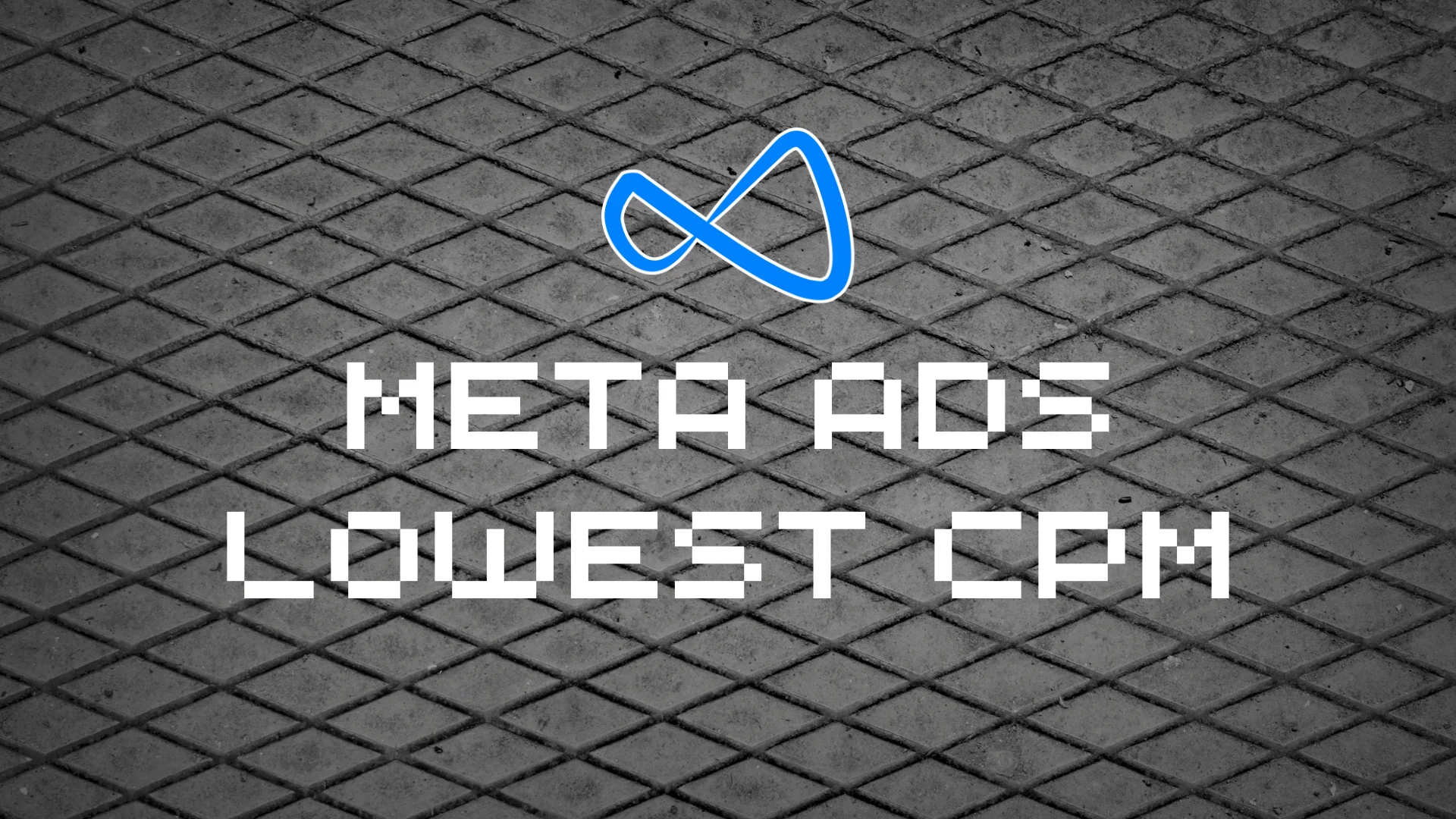The world of eSports is experiencing tremendous growth, providing eSports brands with incredible opportunities to connect with a passionate and expanding audience through strategic eSports marketing. According to Newzoo, global viewership is projected to reach 532 million by 2025. This presents an ideal chance for brands to engage with Gen Z and millennial males, who make up a significant portion of the audience. To stand out in this dynamic landscape, a savvy approach is necessary. A successful eSports marketing strategy relies on three pillars: understanding the audience deeply, creating tailored content, and leveraging the right digital platforms. By mastering these elements, brands can create interactive experiences that resonate with fans, build brand loyalty, and drive tangible results.
Identifying the right audience in eSports requires a nuanced approach due to the industry’s rapid growth and the diverse nature of its audience. It is essential to have a thorough understanding of the gaming community. This involves examining demographics and psychographics. Demographics include factors such as age, location, gender, and income level, which influence gaming preferences and platform choices. Psychographics delve into the audience’s attitudes, interests, and values, distinguishing between competitive gamers focused on skill and strategy and those who enjoy the community aspect of gaming.
Understanding genre preferences and platform usage is also crucial. Different game genres appeal to different audiences. PvP games attract competitive players, FPS games appeal to fans of fast-paced action and strategy, and RTS games appeal to those who enjoy planning, strategy, and a slower pace of gameplay. Knowing which platforms your target audience prefers for consuming content, such as Twitch for live broadcasts or YouTube for game highlights, is essential for targeted communication.
Analyzing how different segments of the eSports audience engage with content and communities provides valuable insights into their preferences and behaviors. Some gamers prefer watching live streams and engaging in real-time during major eSports tournaments, while others enjoy in-depth analysis and discussion on forums or social media post-event.
Creating marketing strategies that stand out in eSports requires a mix of creativity, a good grasp of technology, and a deep understanding of eSports culture. It is crucial to optimize channels for audience engagement by choosing the right platforms and tailoring content and engagement strategies to fit the unique dynamics and preferences of the eSports community.
Popular platforms like Twitch and YouTube Gaming are key for reaching eSports audiences. These platforms serve as primary channels for brands to engage with fans through live streams, interactive content, and influencer collaborations. Leveraging influencers in eSports marketing is essential, as they have robust followings and high engagement, providing a genuine medium for product and event promotion. Sponsorships and partnerships with eSports teams or players who share the same values can create niche and tailored content and experiences that gamers can’t find elsewhere.
Authenticity is crucial for successful sponsorships and partnerships in the eSports landscape. Brands should aim to partner with teams, players, or personalities that share their values to create real connections with the audience. Offering exclusive deals and content through eSports partnerships enhances the gaming experience, boosts fan engagement, and aligns with gamers’ preferences and desires.
Building long-term relationships with eSports teams allows brands to sustain their presence and deepen their connection within the eSports community. Ongoing collaborations with teams or eSports entities enable brands to be part of unique and meaningful projects, events, and initiatives that resonate with fans.
Content marketing plays a significant role in establishing a strong connection with the audience. Providing behind-the-scenes access to eSports teams, training sessions, or game development humanizes players and developers, creating a more engaged and loyal fan base. Educational content, such as tutorials and strategy guides, positions brands as authorities within the eSports space and helps players improve their skills.
Social media campaigns are essential for connecting brands with the vibrant and engaged community of eSports fans. Engaging through social media strengthens the brand’s connection with audiences and fosters a community spirit. Fan engagement initiatives, such as contests, polls, or Q&A sessions with eSports figures, boost interaction, provide insights into fan preferences, build loyalty, and improve social media activity.
Real-time interaction during events is crucial for engaging with the audience. By participating in social media conversations during eSports events, brands can foster a sense of community and enhance their presence in the eSports ecosystem.
Source link
























